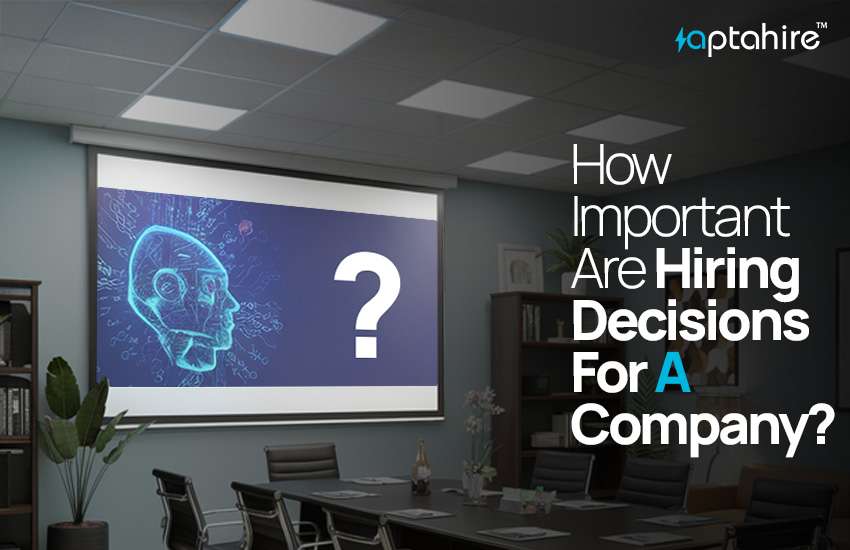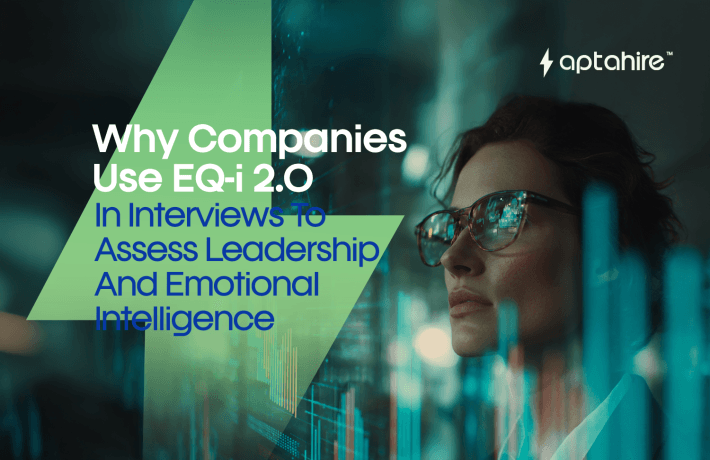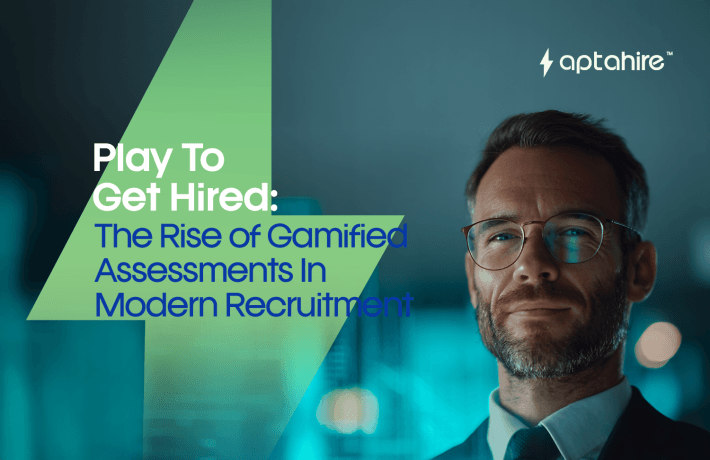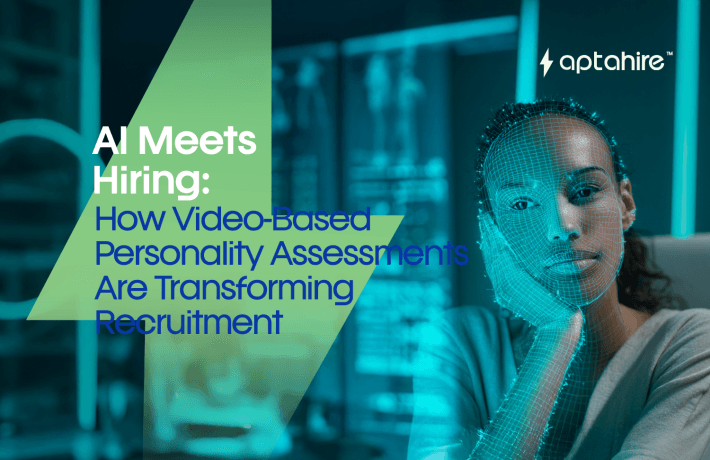How Important Are Hiring Decisions For A Company?

Though it might seem straightforward, stepping into an HR professional’s shoes is anything but simple. In today’s fast-paced world, finding the right talent is like asking ChatGPT to sing a song — not impossible, but it takes time.
On average, an HR professional spends 6-10 seconds skimming each resume, and 4-6 hours daily scheduling interviews. That adds up to 3-4 days per week spent on just these tasks alone. But that’s only part of the story. For every new job opening, it typically takes a company around 36 days to fill the position. This process involves the HR team, hiring managers, and several rounds of interviews, making it a long and tedious journey.
The search for the perfect candidate can be even more time-consuming when the role demands specific qualifications and unique skills, all while balancing the expectations of various managers. It’s clear that HR professionals face a complex and demanding task in ensuring the right fit for the organization.
What are the three factors that needs to be considered when making a hiring decision?
- Skill: This is about whether the candidate has the technical and functional abilities required for the job. Companies assess specific competencies and qualifications to ensure the candidate can perform the tasks needed for the role. A mismatch in skill is often the most obvious reason for a bad hire.
- Experience: Employers look at a candidate’s past work history to see if they have relevant experience. This can include the type of projects handled, industries worked in, and their previous job responsibilities. Experience provides context for how well a candidate can handle challenges in a similar role, but relying too heavily on it without considering potential can also lead to bad hires.
- Cultural Fit: A candidate’s alignment with the company’s values, work style, and team dynamics is critical. Cultural fit ensures that the employee can integrate well into the organization, collaborate effectively, and contribute to a positive work environment. Hiring someone who doesn’t align culturally can lead to disengagement and poor team synergy.
Balancing These Three Factors:
- Skill and experience ensure that a candidate can do the job effectively, but without the right cultural fit, even the most talented individual might struggle or disrupt team harmony.
- Likewise, an individual might fit the culture perfectly but, without the right skills, may not perform well in the role.
Why do most new hires fail?
Hiring the right talent is essential for any organization’s success. Yet, many companies find that new hires don’t always live up to expectations. Why is that? The two most common reasons are a lack of qualification and poor cultural fit.
1. Unqualified for the Role
Employers seek candidates who meet specific criteria for the job. This includes relevant experience, necessary certifications, technical skills, and professional expertise. When new hires fall short in any of these areas, it becomes clear they are not equipped to perform effectively. A mismatch in qualifications can result in missed targets, frustration, and ultimately, failure in the role.
2. Cultural Mismatch
A candidate’s ability to align with a company’s culture is just as important as their qualifications. Cultural fit involves how well a person’s values, personality, and work style blend with the organization. For example, a highly independent worker may struggle in a company that thrives on teamwork, while someone used to a rigid structure may not perform well in a flexible, fast-paced environment. If a new hire doesn’t mesh with the company culture, it can lead to friction, dissatisfaction, and poor performance.
3. The Balance of Qualifications and Culture
To succeed, a new hire needs to strike a balance between these two factors. A highly qualified individual who doesn’t fit in with the company’s culture might struggle just as much as someone who fits culturally but lacks the required skills. When either qualifications or culture are out of sync, the new hire is likely to become a misfit.
Employers need to carefully assess both aspects during the hiring process to ensure long-term success for both the candidate and the organization.
How Often does a company have a bad hire?
Even after a thorough hiring process, making the right choice is not guaranteed. In fact, 74% of employers admit to hiring the wrong person for a position at least once.
This begs the question: if so much time and effort go into hiring, why do bad hires still happen?
The reality is that human judgment isn’t always perfect. Factors like stress, time pressure, or even a candidate’s performance in an interview can lead to a wrong decision.
But what if there was a way to enhance hiring decisions?
This is where AI comes in. With advanced decision-making capabilities, AI tools can quickly assess candidates, evaluate qualifications, and help hiring managers make data-driven decisions. AI doesn’t replace human judgment, but it offers a reliable way to support it.
Introducing AptaHire, a powerful AI tool that can solve 85% of your hiring challenges. From screening resumes to conducting interviews, AptaHire is designed to assist you at every step of the process, ensuring that your next hire is the right one.



